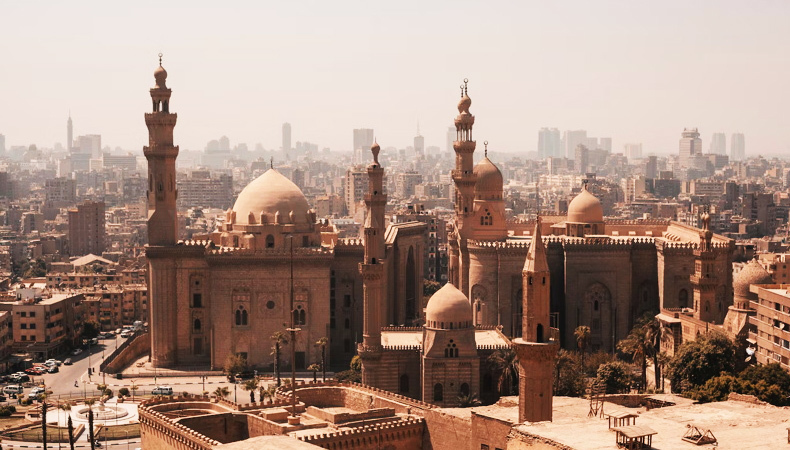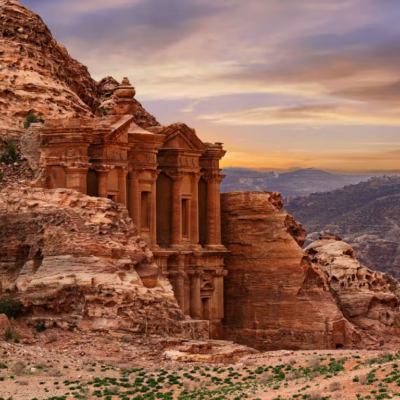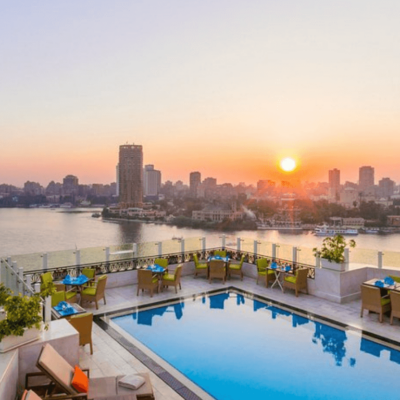Is Egypt’s new capital necessary for economic growth? Some say it could add to the nation’s debt

The new capital of Egypt is the largest of several megaprojects the President claims are necessary for economic growth and to accommodate the growing population. But some have stressed the projects apparently just add to the country’s overwhelming debt.
It has been eight years since the prominent New Administrative Capital (NAC) project was introduced. In July 2023, government workers started moving in to ministries and offices located in the first phase of the new city.
Insights into Egypt’s ambitious NAC megaproject
Khaled Abbas, chairman of the Administrative Capital for Urban Development, said almost 48,000 employees are currently coming every day, Reuters reported. The city is meant to serve as a high-tech model for Egypt’s future away from the chaos of Cairo.
The government expects the new capital to absorb a notable portion of the country’s population, which is growing by an estimated 1.6% annually. The pace of the megaproject’s development appears to have slowed down in recent news.
Still, phase 1 of the city already includes a 70-storey tower – the tallest in Africa – an opera house plus five halls, the biggest cathedral in the Middle East and a giant mosque. Up to 100,000 housing units have been completed and 1,200 families are believed to have moved in.
Keep Reading
In addition, major banks and other businesses are expected to move their headquarters by the first quarter of this year. Abbas said an electric train started operating last spring from eastern Cairo and an elevated monorail is due to begin from the second quarter of 2024.
Phases one and two of the new capital project are projected to have 1.5 million residents each. ACUD, owned 51% by the military and 49% by the housing ministry, spent about $16 billion (at the current exchange rate) on phase 1 infrastructure and buildings, according to Abbas.
Nile River and Egypt currency devaluation in focus
Landscaping has begun on a 10 km-long park, or the ‘Green River’. One plant is set to send 800,000 cubic metres per day of scarce Nile water, amid a second plant also being planned. Together, the two will consume roughly 1% of Egypt’s share of the Nile’s water.
Egypt’s finances have come under pressure from an over-valued currency and surging debt repayment costs. So, ACUD plans to float 5-10% of its shares on the stock exchange by the end of the year to help with the costs.






